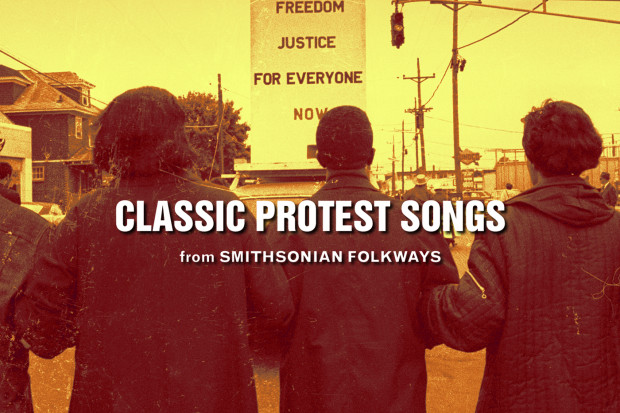Letters: A View from Japan
Dear Editor,
Having lived in Japan for the last six months, I feel I have undergone that experience which has become by now a part of the Irish psyche: emigration. However, things have changed somewhat since the days of the American Wake, so eloquently caught in the late Noel Brazil’s wonderful song, ‘Ellis Island (‘… This is the last time I’m ever going to see your face …’). I have email. I have the phone. I have snailmail. And, happily, I have the JMI! The irony is, I’m actually better appraised of the wider music scene in Ireland than I was before I left, thanks to the excellent articles in the last few editions of JMI. And, coming from the realm of traditional music, I take Richard Pine’s point (‘The National Ear’, Jan/Feb 2003) about the profound gulf that exists in Ireland between the world of classical music, and that of traditional.
One way I found of explaining it to myself was with the analogy of regional accents. The parallel is fairly literal when you put a Donegal reel alongside a Kerry slide; the styles are about as different as the spoken accents of both places are. This factor was broached by Tom Munnelly in his great essay ‘George Petrie; Distorting the Voice of the People’ (same issue). Petrie, aside from his prudery, was incapable of expressing in writing the nuances of songs or tunes imbued with the character and personality of a particular townland (no blame; neither could Bartók, and it still can’t be done). All he could do was write down the bald notes of the melody. The piece was stripped of its colloquial character, and much of the vital expression was lost in the process. In terms of, say, a rendition of ‘The Gold Ring’ by Liam O’Flynn, it is easy to think of the written version being played by a classical musician as having an Oxford accent, a world removed from the original. However, a traditional musician who has an authentic local accent, can impart the missing identity to the bare notes of a tune in manuscript, so it actually can work in reverse.
But I digress. I write to cheer on the JMI. Ireland’s music scene needs and deserves a meaningful forum where crucial issues can be aired properly, and JMI is it. Soundbytes don’t cut the mustard, and in certain circumstances can lead to war! Benjamin Dwyer (‘A Eunuch’s Shadow’, same issue) managed to describe what often happens in music criticism in our daily newspapers, without frothing at the mouth (well done; I have been known to froth on occasion). It would be fascinating to invite any and all of our music critics to expand on their newspaper appraisal of given performances of new music in JMI – without the restriction – or protection – of having to be brief. I think in some instances, stepping into the beam of this particular spotlight would cast a very long shadow indeed!
Keep up the good work.
Donal Lunny
Osaka, Japan
Published on 1 March 2003














